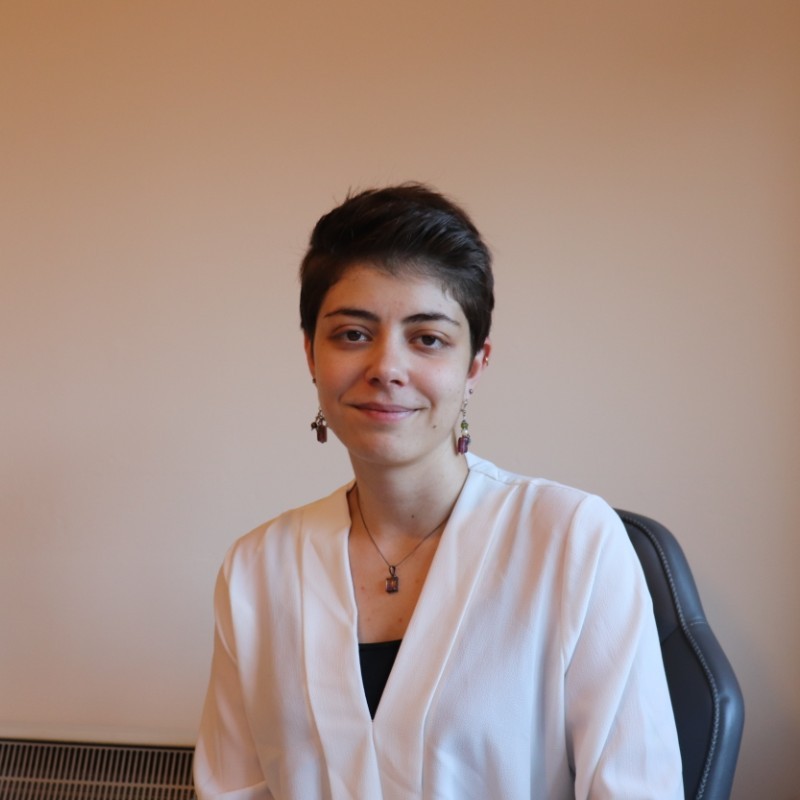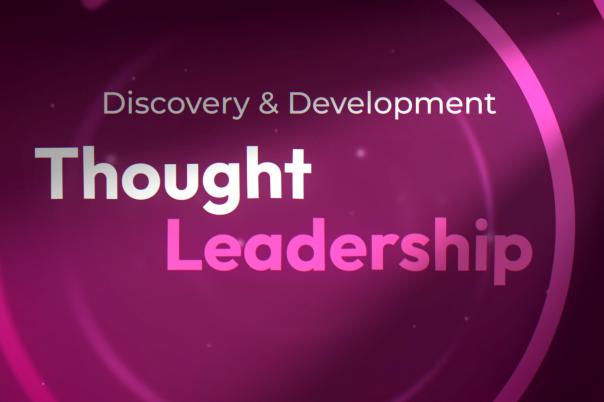GSK’s Direct to Biology (D2B) platform enables nanoscale synthesis and direct biological testing of crude reaction mixtures without purification to speed up drug discovery. Julie Fournier, Senior Scientist at GSK, explained that GSK is focused on developing automated platforms that make parallel experimentation possible.
The D2B platform is highly reliant on automation, using liquid handling robots to set up and process hundreds or thousands of reactions in parallel. Fournier highlighted her own academic and personal journey into automation and expressed the importance of end-to-end automated workflows to minimise manual steps and errors.
Fournier conducted reactions at a microgram scale in 1536-well plates using automation, particularly the Mosquito nanolitre liquid handler. She expanded on her findings by explaining how multi-layered optimisation enables hundreds of reactions per experiment, maximising chemical diversity and data output.
Following this, Fournier detailed the automated workflow at GSK’s Stevenage site. Reactions are analysed via LC-MS using an in-house script, Pipe, and successful reactions are cherry-picked for biological testing. She also mentioned that a systematic pre-validation process is used to assess whether D2B is suitable for specific targets and assays by checking for assay interference from reagents or byproducts before full-scale application.
The platform has shown broad tolerance across various assay types, including biophysical, biochemical, and cell assays. Although cross-coupling reactions occasionally cause interference, these issues are typically resolvable. The closing remarks from Fournier noted that she had no formal training in automation or programming robots, but with the help of in-house experts, she was able to contribute to the D2B platform, thus reiterating the need for collaboration.





